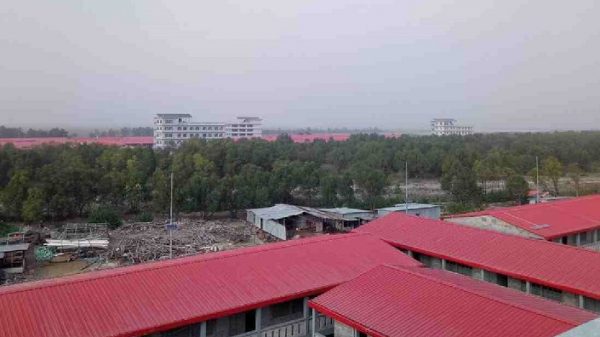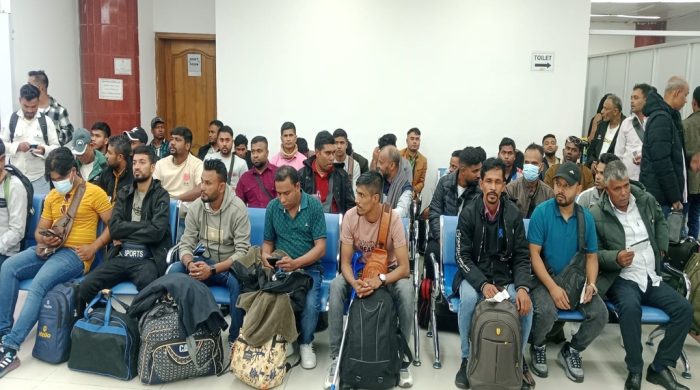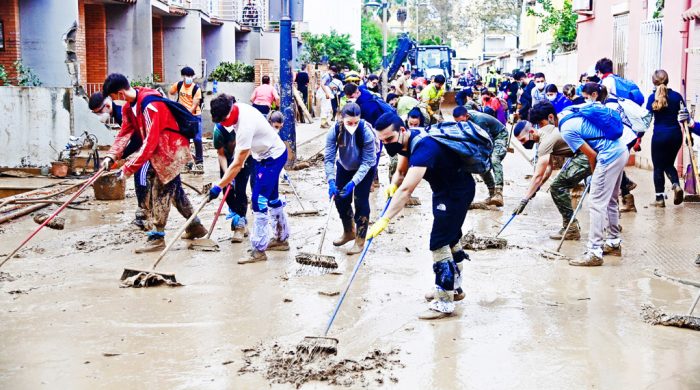UN issues statement on Rohingya relocation to Bhasan Char

- Update Time : Wednesday, December 2, 2020
- 144 Time View

The United Nations Wednesday said it is aware of reports that the Government of Bangladesh may begin the initial movements of Rohingya refugees from Cox’s Bazar to Bhasan Char in the Bay of Bengal in the coming days.
The United Nations has not been involved in preparations for this movement or the identification of refugees and has limited information on the overall relocation exercise, said the UN in Bangladesh in a press statement on Wednesday (Dec 2).
It said the United Nations takes this opportunity to highlight its longstanding position that Rohingya refugees must be able to make a free and informed decision about relocating to Bhasan Char based upon relevant, accurate and updated information.
The Government has indicated that movements to the island will be voluntary, and the United Nations calls on the Government to respect this important commitment, reads the statement.
“The United Nations has also emphasised that refugees who choose to move to Bhasan Char should have basic rights and services on the island, which would include effective freedom of movement to and from the mainland, as well as access to education, health care, and livelihood opportunities.
This would help to lay the foundations for a productive and secure community on Bhasan Char.”
Since the Government announced the Bhasan Char project, the United Nations has offered to engage in constructive consultations aimed at better understanding the plan and considering with the Government the most critical policy, process and operational issues. The United Nations remains willing to continue this dialogue.
The United Nations has also consistently maintained that any relocations to Bhasan Char should be preceded by comprehensive technical protection assessments.
These independent United Nations assessments would review the safety, feasibility and sustainability of Bhasan Char as a place for refugees to live, as well as the framework for protection and the assistance and services they would be able to access on the island.
The United Nations is prepared to proceed with the technical and protection assessments, if permitted by the Government.
These assessments would be the concrete next step in determining whether the United Nations can engage operationally with the Government’s Bhasan Char project.
If so, further work would then need to follow in order to develop plans and budgets, in consultation with the Government and national and international NGO partners, as well as with the international donors whose support makes the Rohingya humanitarian response possible in Bangladesh.
The United Nations remains focused on supporting the Government’s leading role in delivering an effective and efficient humanitarian programme for the nearly 900,000 Rohingya refugees living in the Cox’s Bazar settlements, while also intensively working toward solutions for them, including through their safe, voluntary, dignified and sustainable return to Myanmar.
The United Nations appreciates the generosity and humanitarian spirit of the Government and People of Bangladesh in offering safety and shelter to the Rohingya refugees and remains committed to our partnership in a humanitarian response that has saved many thousands of lives and supported many more.

























